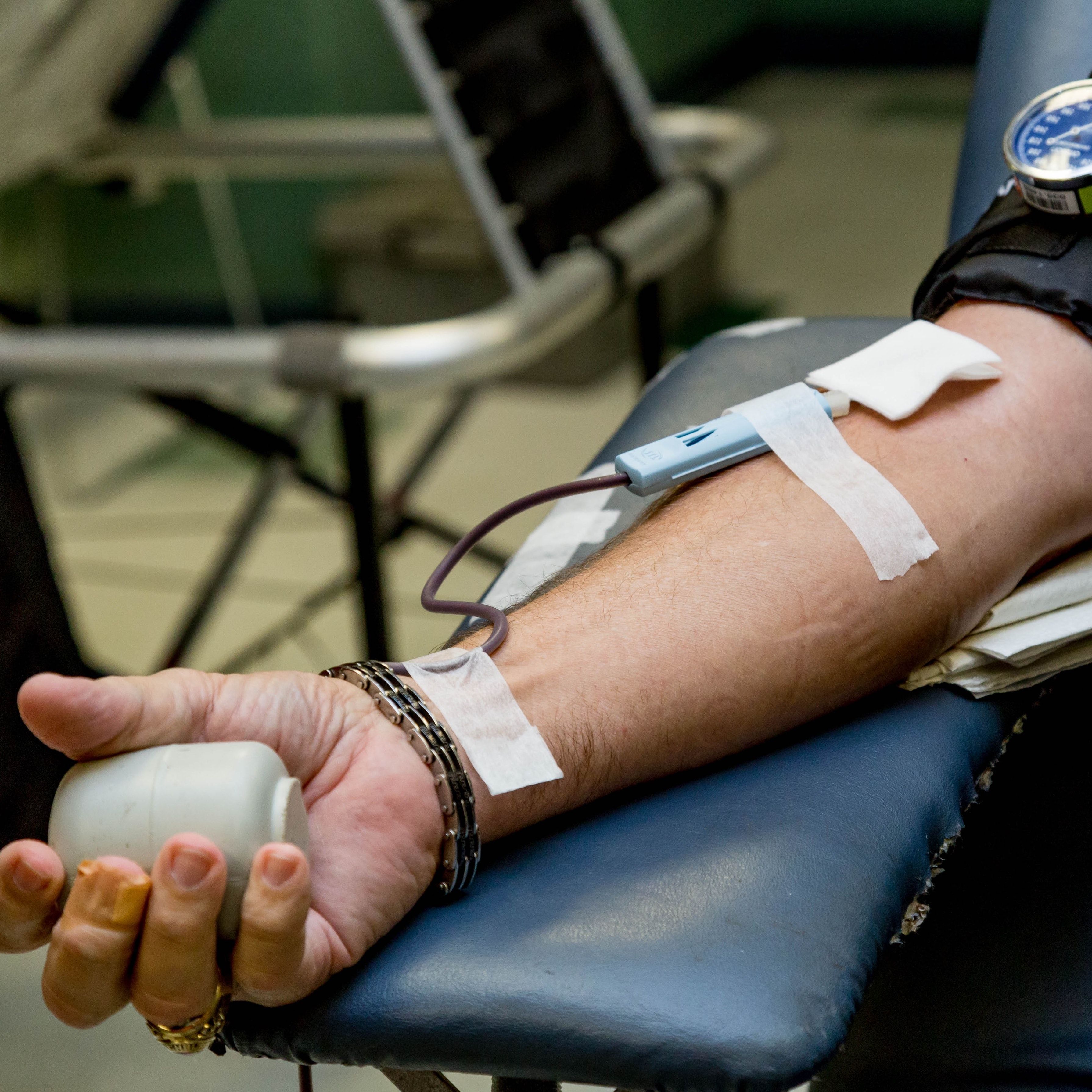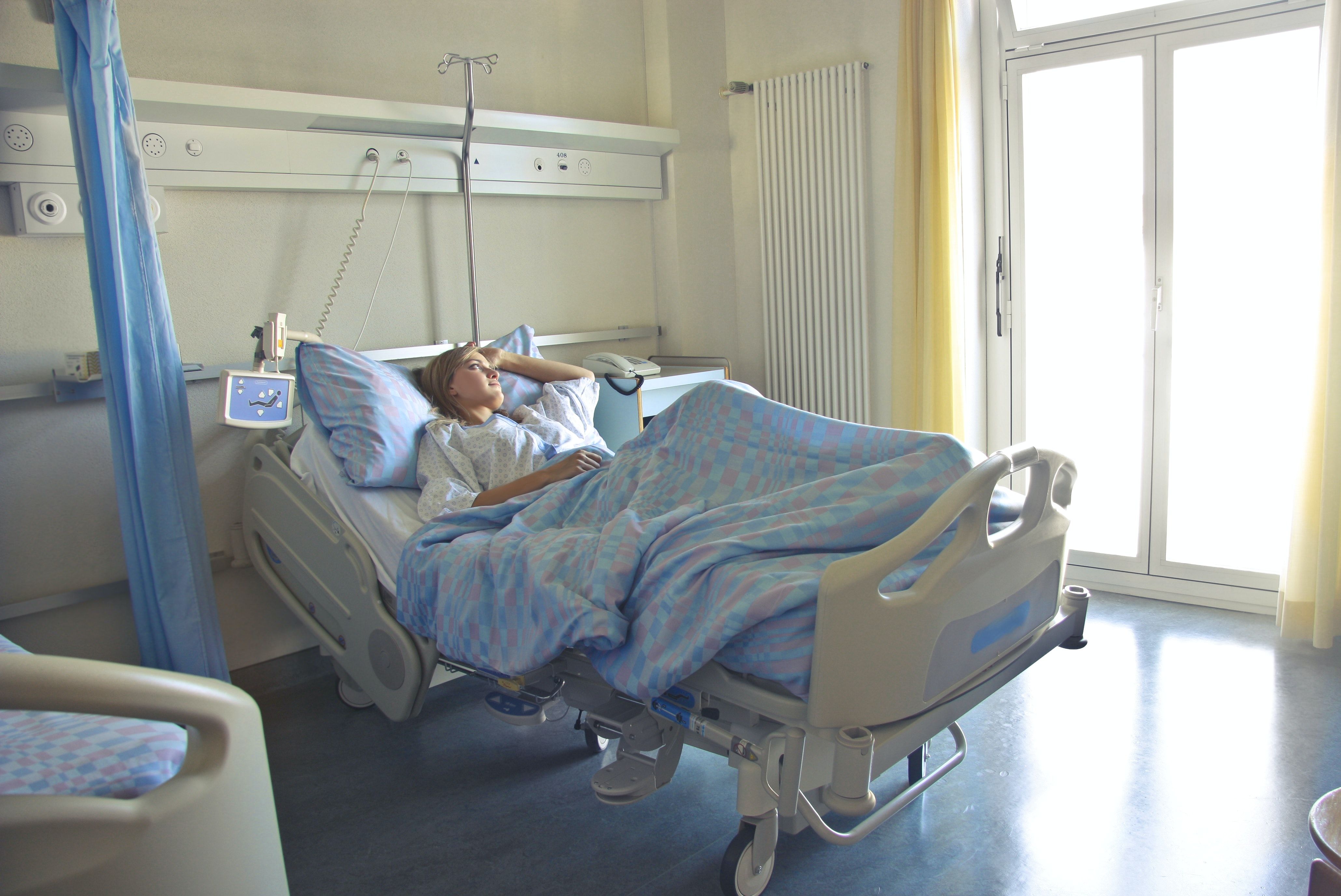Article
Could Antidepressant Therapy be Beneficial for Patients With HIV?
Author(s):
A review of antidepressants' impact on PLWH with depression suggested that they should be utilized for patients with HIV—a population at high risk for depression.

Ingrid Eshun-Wilson, MBChB, MSc
Rates of depression are substantially higher among people living with HIV (PLWH), which can negatively impact outcomes for antiretroviral therapy (ART), but new evidence suggests they would benefit from antidepressant therapy.
Led by Ingrid Eshun-Wilson, MBChB, MSc, an epidemiologist at Stellenboch University in Cape Town, South Africa, the systematic review pulled from multiple databases to include 10 studies that compared antidepressant therapy for PLWH to placebo (n = 2) and/or more than 1 antidepressants (n = 8) from January 1, 1980 to April 18, 2017.
Overall, 709 participants were included in the review and were assessed with the Hamilton Depression Rating Scale (HAM-D) scores or the Clinical Global Impression of Improvement (CGI-I) for outcomes. In 6 studies, patients were evaluated for continuous outcomes with HAM-D scores and showed moderate improvement (n =357; standardized mean difference [SMD], 0.59; 95% CI, 0.21—0.96).
“We would say that essentially physicians should treat depression in HIV the same as depression in other people, as long as there are no significant drug interactions with ART,” Eshun-Wilson told MD Magazine. “Depression occurs frequently in HIV positive people and seems to respond similarly to antidepressant therapy. Now that ART is being provided early during HIV infection it would follow that HIV positive people suffering from depression are similar to HIV negative people with depression.”
She also said that the antidepressant therapy in a “package of care” for PLWH that have depression is important as care packages— or “complex interventions,” as Eshun-Wilson put it—gain traction in the management of HIV.
However, the authors admit the evidence for HAM-D scores for continuous outcomes is low quality (I2 = 62%), and when evaluated for dichotomized outcomes in 5 other studies, the improvement was not evident (risk ratio [RR] 1.10; 95% CI, 0.89—1.35). The 4 studies that assessed patients with CGI-I scores (n = 346) also showed no improvement as well (RR, 1.28; 95% CI 0.93 to 1.77; I2 = 29%, low-quality evidence).
Adverse event (AE) reporting was greatly varied between studies, resulting in the evidence about AEs being low quality (I2 = 34%). This did not allow the investigators to determine if there was a difference between the proportions of AEs for patients on placebo compared to patients on therapy. That in mind, there were common reports of sexual dysfunction in those receiving serotonin reuptake inhibitors, and dry mouth/constipation for those receiving tricyclic antidepressants.
In order to more properly understand how antidepressants impact PLWH, future studies should examine the role that psychological therapies play in the treatment of depression. These therapies “would be of interest,” Eshun-Wilson said.
“Additionally, the implementation of such care packages for depressed HIV positive people would be important,” she said. “Women would need to be included in the study cohorts. Studies conducted in different settings which include low- and middle-income countries where the HIV burden is greatest would also be of interest. Rigorous methods with regard to study designs, study conduct and reporting [should be utilized].”
The study, “Antidepressants for depression in adults with HIV infection,” was published in the Cochrane Database of Systematic Reviews.
Related Coverage >>>
NIH Launches Study to Find Best ART Regimen for Pregnant HIV Patients
New HIV Patients' Networks Could Lead to More Diagnoses





